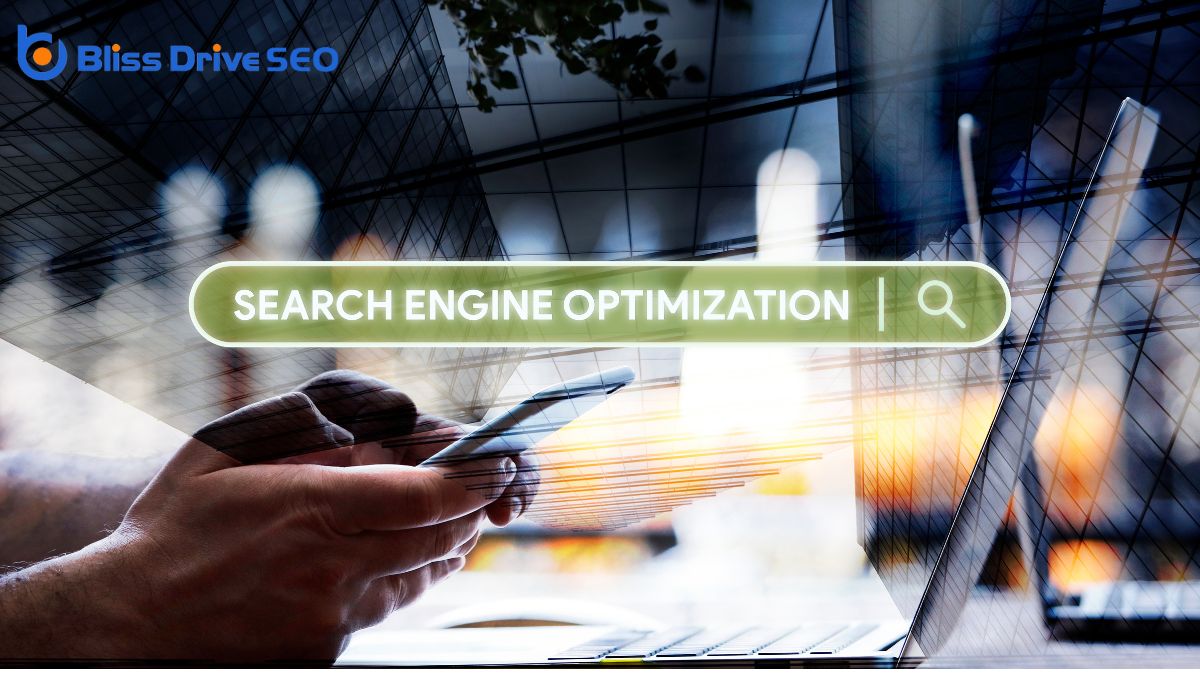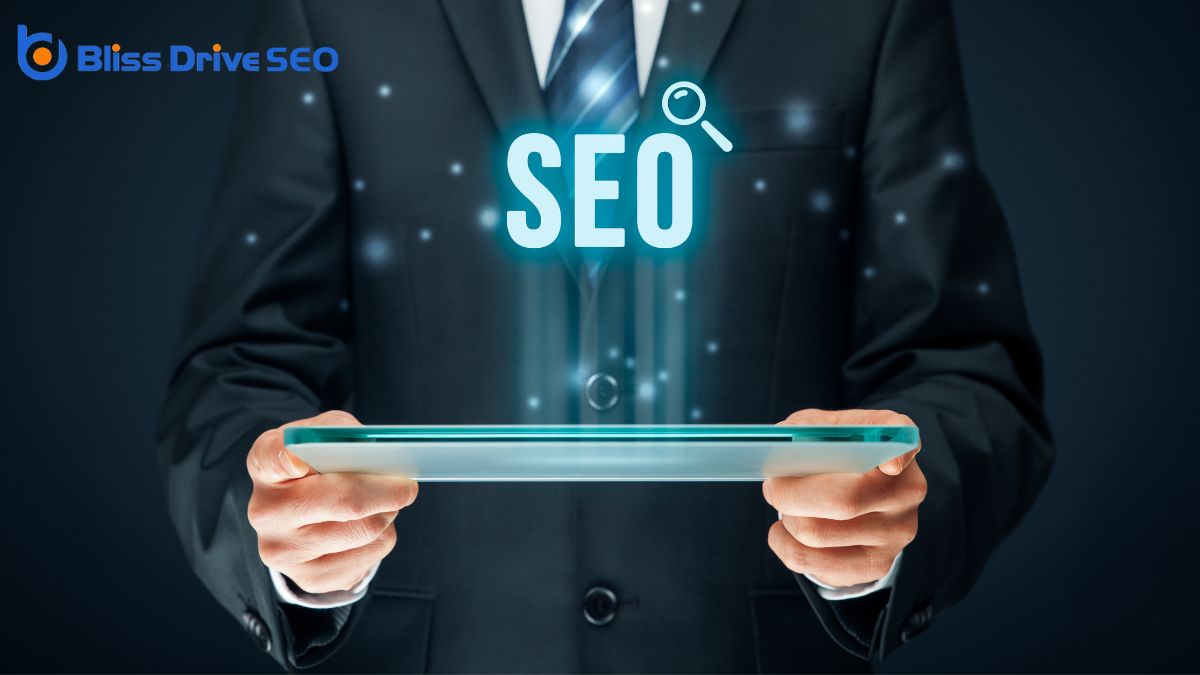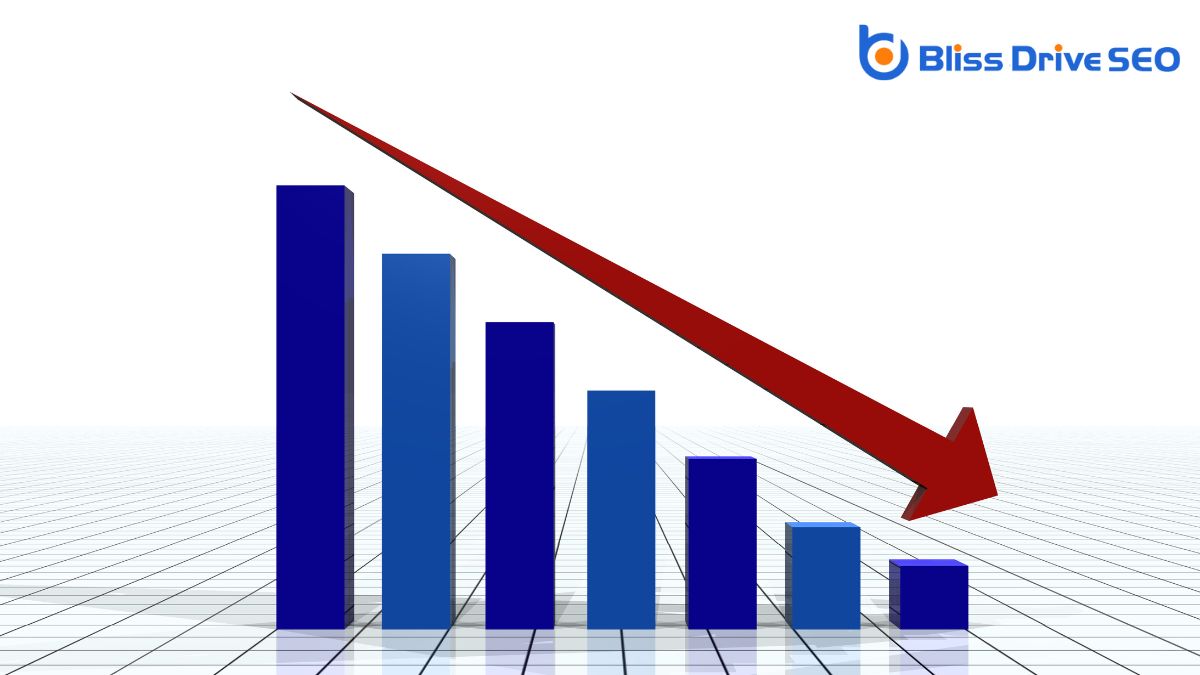Digital Marketing Services
Learn More About Us

You've probably wondered if investing in SEO makes sense during a recession. It's a fair question—when budgets tighten, every marketing dollar counts. However, consider this: SEO remains one of the most cost-effective strategies for maintaining visibility and drawing organic trafficVisitors who come to a website through unpaid search engine results.. Unlike paid advertising, which can drain funds quickly, SEO builds sustainable growth. Yet, how does one adapt SEO tactics to meet changing consumer behaviors and economic conditions? And what role does local search play in this equation? Let's explore how businesses can navigate these challenges and come out stronger on the other side.

In challenging economic times, SEO remains an essential strategy for businesses looking to maintain visibility and attract customers. It's important to understand that even when budgets tighten, the need for visibility doesn't disappear. Instead, it becomes even more significant. You need your business to stand out in the crowded online marketplace, and SEO helps you achieve that by optimizing your content, improving site speed, and making sure your website is user-friendly.
With more people turning to online shopping and services, SEO acts as your digital storefront. It guarantees your products or services appear where potential customers are looking. If your competitors aren't investing in SEO, you'll gain a competitive edge by capturing their market share.
On the other hand, if they are, you can't afford to fall behind.
Search engines are often the first place people look for information, solutions, or products. By enhancing your SEO strategy, you're meeting your audience where they are and driving organic traffic to your website. This traffic often translates into leads and conversions, which are essential for maintaining business stability.
Ultimately, SEO keeps you connected with your audience, fostering trust and loyalty during tough times.
Unlike many traditional advertising methods, SEO offers a cost-effective way to reach your target audience. You don't need to break the bank to implement effective SEO strategies. By concentrating on organic search, you can drive consistent traffic to your website without continually paying for ads. This approach helps you save money while building long-term value for your brand.
SEO requires an initial investment in time and resources, but the returns can be substantial. When you optimize your website, you enhance its visibility, making it simpler for potential customers to find you. Unlike paid ads, which disappear once you stop funding them, a well-optimized site continues to attract visitors even with minimal ongoing costs. This makes SEO an ideal strategy during a recession when budgets are tight.
Furthermore, you have the flexibility to scale your SEO efforts according to your budget. By focusing on key areas like keyword researchThe process of finding and analyzing search terms that people enter into search engines., content creation, and link buildingThe process of acquiring backlinks from other websites., you can create a customized strategy that fits your financial constraints. Essentially, SEO provides a sustainable and budget-friendly method to maintain and even grow your business, ensuring you remain competitive in challenging economic times.
During a recession, you should rethink your SEO tactics by prioritizing local search optimization and focusing on long-tail keywordsLonger, more specific keyword phrases that are less competitive and often more targeted.. Local searches can capture customers nearby who are more likely to convert, while long-tail keywordsWords or phrases that users type into search engines to find information. help you target specific queries with less competition. By adjusting your approach, you'll enhance visibility and maintain traffic even in challenging times.
Local businesses can thrive even in challenging economic times by prioritizing local search optimization. When you focus on local SEO, you make sure that your business stands out in local search results, which is especially important when people are tightening their belts and staying closer to home. By optimizing for local search, you attract customers who are more likely to make a purchase because they're actively seeking services or products in your area.
To prioritize local search optimization, consider these steps:
In tough economic times, focusing on long-tail keywords can be a game-changer for your SEO strategy. Long-tail keywords are specific and often less competitive, making it easier for your website to rank higher on search engines. While they mightn't bring in massive traffic, they attract users who are more likely to convert because they're searching for something specific.
By targeting these detailed queries, you can tap into nicheA specific segment of the market targeted by affiliates to promote products or services. markets that larger businesses might overlook. This approach allows you to connect with potential customers who are further along in their buying journey. When someone searches for a long-tail keyword, they usually know what they want, so your chances of making a sale or generating a leadA potential customer referred by an affiliate who has shown interest in the product or service but h... increase significantly.
To identify the right long-tail keywords, start by understanding your audience's needs and questions. Tools like Google's Keyword Planner or Ubersuggest can help you find relevant phrases. Once you have a list, create high-quality content tailored to these keywords. This not only improves your search rankingsThe position at which a website appears in the SERP. but also builds trust with your audience, as they see you as a valuable resource.
In a recession, being this precise can make all the difference for your business.
Investing in SEO offers numerous long-term benefits that can greatly impact your business's growth and resilience, especially during economic downturns. First, it builds a strong online presence, ensuring that your business remains visible to potential customers even when budgets are tight. SEO doesn't rely on immediate spending; instead, it creates a sustainable strategy that continues to drive traffic over time.
Consider these key long-term benefits:
When budgets tighten during a recession, you're likely focused on getting the most out of every dollar. SEO offers a cost-effective strategy, providing lasting benefits without the ongoing expenses tied to paid advertising.
While paid ads can quickly drain a limited budget, investing in SEO can yield sustainable traffic and visibility over time.
Sailing the stormy seas of a recession demands shrewd financial decisions, and SEO emerges as an unsung hero in cost-effectiveness. You might wonder why SEO stands out when budgets tighten. Unlike paid advertising, which requires continuous spending, SEO offers long-term benefits without ongoing costs. Here's why SEO remains a wise choice:
Budget constraints loom large in a recession, making it essential to scrutinize every marketing dollar spent. When you're faced with tightening budgets, deciding where to allocate funds can feel overwhelming. Paid advertising often demands a significant portion of your marketing budget, and in uncertain times, this can be risky. Costs can escalate quickly, and if your ads don't convert, you're left with little to show for your investment.
SEO, on the other hand, offers a more sustainable approach. Instead of paying for temporary visibility, SEO focuses on building long-term organic reachThe number of unique users who see a post without paid promotion.. While it requires time and effort upfront, the results can be more enduring.
You won't face the same recurring costs as with paid ads, making it a worthwhile consideration when funds are limited.
In a recession, consumer behavior and search trends undergo significant shifts that can impact SEO strategies. You may notice that people become more cautious with their spending, seeking better value and deals. This shift means they're likely to spend more time researching products and services online before making a purchase. Understanding these changes in behavior isn't just helpful—it's critical for adapting your SEO approach to align with what consumers are searching for.
Here's what you should consider:
Leveraging local SEO during a recession can be a powerful strategy for businesses aiming to sustain and even grow their customer base. By focusing on local SEO, you enhance your visibility to nearby customers who are actively searching for services or products like yours. Instead of competing on a global scale, you zero in on your community, where people are more likely to convert into loyal customers.
To get started, make sure your business's Google My Business profile is complete and accurate. This helps you appear in local search results and on Google Maps, boosting your chances of being found by potential customers. Encourage satisfied customers to leave positive reviews—these can greatly impact your local rankings and trustworthiness.
Optimize your website with local keywords. Include your city or neighborhood in your content, meta tagsHTML tags that provide information about a web page to search engines and visitors., and headers to align with how people search for local businesses.
Additionally, create localized content that resonates with your community, such as:

To measure SEO success during economic downturns, you need to focus on key performance indicators like organic traffic and conversion rateThe percentage of visitors who complete a desired action, such as making a purchase or filling out a... trends. Analyze how these metrics shift over time to understand your strategy's effectiveness. By tracking these changes, you can adjust your efforts to maintain or even boost your online visibility.
Many businesses wonder how to measure SEO success during economic downturns. Understanding Key Performance Indicators (KPIs) is essential for evaluating your SEO efforts. KPIs provide a clear picture of what's working and what's not, helping you adjust strategies effectively. Let's break down some important KPIs you should focus on:
Focusing on these KPIs allows you to make informed decisions and maintain your SEO momentum, even in a recession.
Understanding is key when analyzing organic traffic, especially during economic downturns. You're likely wondering how to gauge your SEO efforts when the market's tight. Start by looking at your organic traffic metrics. Are your visitors still finding you through search engines? This shows your site's visibility and relevance. Even if overall traffic dips, maintaining or growing organic traffic could indicate successful SEO strategies.
Next, consider the quality of this traffic. Are visitors staying on your site longer, or are they bouncing off quickly? Use tools like Google AnalyticsA web analytics service offered by Google that tracks and reports website traffic. to track metrics like session duration and bounce rate. These insights help you understand if your content is engaging and meeting users' needs.
Examine which pages attract the most organic traffic. Are specific topics driving more visitors? This helps identify the content that resonates with your audience, guiding future strategy.
Also, keep an eye on changes in keyword rankings. Even small improvements in search positions during a recession can signal positive momentum.
How can you measure the effectiveness of your SEO efforts during an economic downturn? One essential metric to watch is your conversion rate. This tells you how well your site turns visitors into customers, even when times are tough. You might see a drop in overall traffic, but if your conversion rate is steady or improving, your SEO strategies are likely effective. Here's how to track conversion rate trends:
When financial crises hit, SEO strategies often face unique challenges that can disrupt even the most well-planned campaigns. You might notice that budget constraints become a primary concern, causing marketing teams to tighten their belts. This can lead to reduced resources for SEO efforts, limiting your ability to implement thorough strategies.
As businesses prioritize immediate sales over long-term gains, SEO might take a backseat, even though it remains crucial for maintaining online visibility.
Consumer behavior also shifts unpredictably during financial downturns. You may find that search volume for certain keywords drops as people change their purchasing habits and focus on essentials. This can make your keyword strategy less effective if you don't adapt quickly. Additionally, the competition in organic search results may intensify as more businesses aim to capture dwindling consumer attention without increasing ad spendThe total amount of money spent on advertising campaigns..
Moreover, when companies cut corners, they might overlook essential technical SEOOptimizing the server and website structure to improve search engine crawling and indexing. aspects, leading to site performance issues. You need to maintain site health to prevent problems like slow loading times, which can negatively impact your rankings and user experience. Addressing these challenges with agility and informed decision-making is vital to weather the storm effectively.
Despite the challenges SEO faces during financial crises, numerous businesses have demonstrated remarkable success by adapting their strategies. You've probably wondered how companies manage to thrive when the economy is down. Let's explore a few case studiesIn-depth analyses of specific instances or examples to highlight success stories or lessons learned.... that highlight key strategies.
These examples show that with the right adjustments, you can harness SEO to maintain or even grow your business during tough times. Embrace these strategies, and you might find similar success.
In a recession, you'll find that SEO remains a powerful ally. It's cost-effective and keeps your business visible, allowing you to adapt quickly to shifts in consumer behavior. By focusing on local search and long-term strategies, you'll maintain a competitive edge without breaking the bank. Unlike paid advertising, SEO offers sustainable growth and resilience during tough times. Embrace the challenge, measure your success, and watch your business thrive even in economic downturns.
